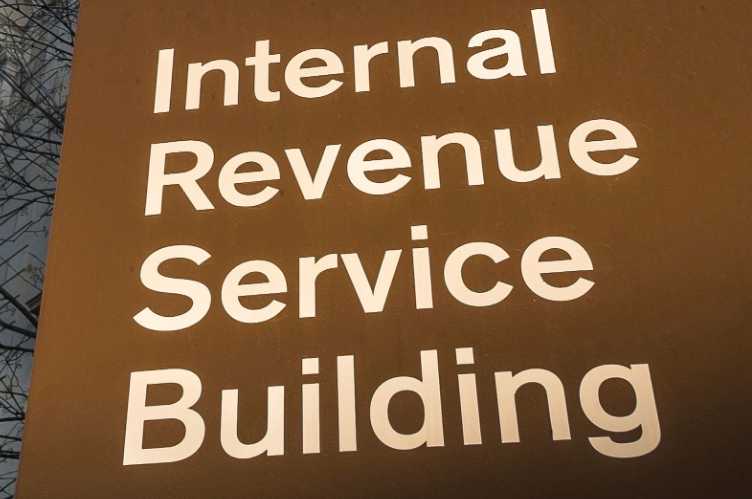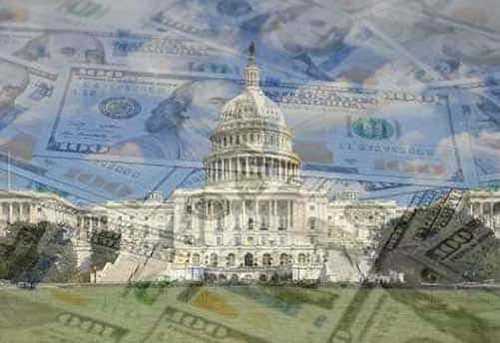The Marketplace Fairness Act sailed through the Senate on Monday evening on a 69-27 vote and now goes to the House for consideration. The bill opens the door to collection of a sales tax on Internet sales.
What does this mean? It means more regulation for businesses, potentially costly legal fees and the potential for out-of-state audits if your annual gross reciepts are above the $1 million mark. But, if you are below that $1 million in revenue, you are exempt from collecting interstate sales tax.
|
|
Is this new bill going to affect you as an Alaskan online buyer or seller? Probably not. If you are a buyer purchasing goods in the state of Alaska from online, you will still not be required to pay the sales tax. If you are an online seller selling less than $1million in merchandise, you will not have to collect taxes from buyers in other states.
For that reason, most small businesses are in favor of the Marketplace Fairness Act. Other online sales companies that are in favor are the larger sellers such as Amazon and Sears and other large Internet sellers. Many of those companies have already hammered out tax agreements with other states and have the capital to build warehouses in those states that allow them to compete through the use of one day shipping.
Who loses if the bill passes and is signed? It’s the medium sized companies selling online that get hurt the most. While they are above the $1 million threshhold and will have to set up to collect taxes from other states, they don’t have the additional capital to construct warehouses for those goods in other various states, and so have to pay the tax and don’t benefit by quick delivery of goods.
Lauded by brick and mortar retailers nation-wide who say the bill will even the playing field sales, the Marketplace Fairness Act will also simplify the the collection of sales taxes in those states that collect it through a centralized tax collection system.
Others who oppose the new bill are conservatives who see the Marketplace Fairness Act as a tax increase. Organizations such as the Heritage Foundation have vowed to mark down lawmakers that vote for the act. The same is true ffor Grover Norquist’s group “Americans for Tax Reform.”
While the bill passed the Senate by a large margin, with most Democrats voting for the Act, with the exception of Senators from states with no sales tax, the bill is less certain to make it through the House. Speaker of the House John Boehner said that the biill is not one of the House’s top priorities.
If it is taken up and voted through by the House, the administration will likely sign it.
Both of Alaska’s Senators voted against passage. Alaska’s senior Senator released a statement after her vote against the bill. She explained her vote after, saying, “In Alaska, we don’t have a state sales tax. But the Marketplace Fairness Act is trying to have our law of the land take a back seat to other states that see things differently, and I don’t believe that is good policy or fair to Alaska businesses – particularly small businesses.
“I have heard from business owners in Fairbanks, Eagle River and Anchorage, who explained to me the time-consuming expense of complying with sales tax laws for every jurisdiction in this country – imagine a business on the Sterling Highway doing paperwork to comply with California’s tax code. Now is the wrong time to create additional regulatory burdens and paperwork for our small businesses and entrepreneurs.”
Senator Begich had not released a comment at the time of this article.





